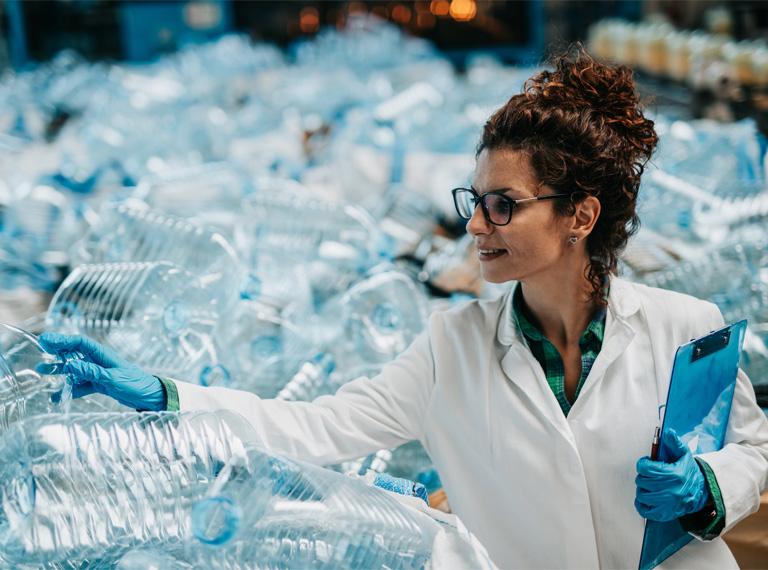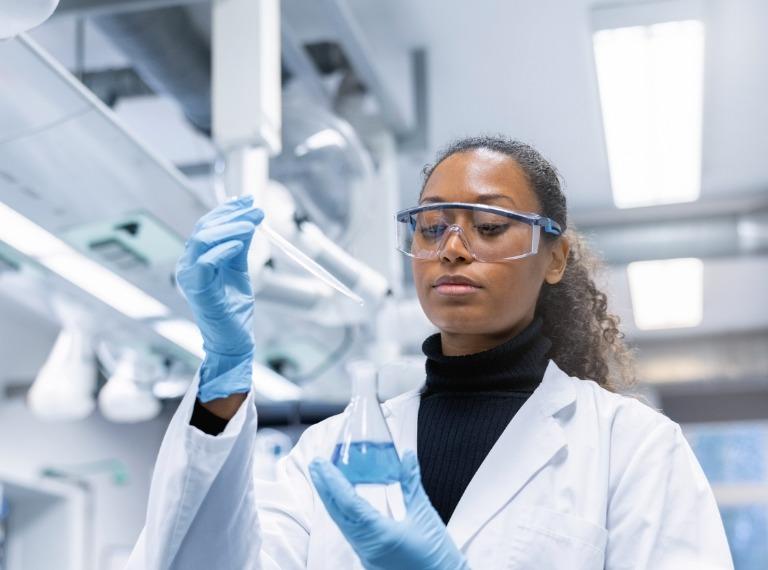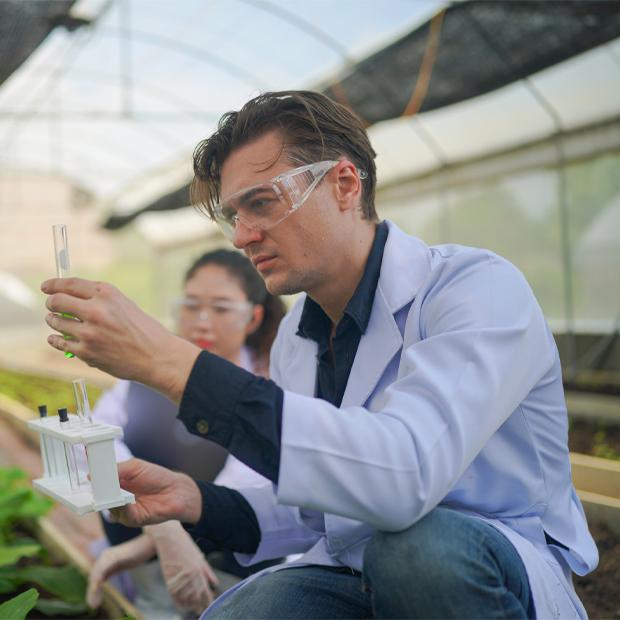It wasn’t so long ago that industry was churning out packing materials with abandon – consumers in turn would’ve been horrified to receive goods that weren’t robustly wrapped in layers of plastic and/or cardboard. Now the opposite is the case – the result of shocking news headlines, public protest and warnings about the planet’s future.
Plastic packaging alternatives
Scientists and researchers are delving into new ways to produce biodegradable materials, exploring natural substances like algae, fungi, and plant-based polymers to create packaging that mimics the functionality of plastic without the environmental repercussions. Breakthroughs in nanotechnology have paved the way for smart packaging solutions, ensuring product safety and freshness while minimising waste.
Furthermore, advancements in recycling technologies have gained momentum. The development of closed-loop systems, where packaging materials are recycled and reused within a circular economy framework, hold promise.
All these innovations reduce our reliance on virgin materials and the burden on landfills and oceans, but they come at great monetary cost. Research institutions, governments, and industries must collaborate to invest in scalable, affordable technologies – exploring new materials and production methods.
Subsidies and incentives could be the answer to encourage more businesses to adopt sustainable practices, making it economically viable for them in the long run. Setting industry-wide standards and certifications can guide businesses in making informed choices about their packaging choices.
Consumer choice and brand reputation
Cost is the prime reason some companies that either manufacture packaging or depend on it are slow to change their ways, but the hard truth is others are purely in denial or apathetic to the urgency.
Consumers, particularly younger generations, are vocal in their demands for sustainability, demanding more from government, their employers, and where they shop. In a new world of so-called ‘cancel culture’, consumers know the power lies with them, leaving industry no choice but to get on board.
For those companies and consumers reluctant to adapt to eco-conscious trends, public campaigns and educational initiatives can enlighten about the environmental impact. Encouraging responsible consumption in schools and workplaces, for example, such as opting for products with minimal or biodegradable packaging, empowers individuals to contribute to the cause.
The science of packaging: ideas and innovation
Science has come a long way since the days of standard recycling practices. The environmental situation, unsettling as it may be, presents great opportunities for research and development. In a similar way that the emergency of the pandemic created high-speed medical innovations, the environment demands the same attention – and will result in transformation we can only now imagine. Scientists and researchers are in great demand, particularly those with the vision and skill to create rapid change. STEM education is more important than ever.
Low plastic sustainable packaging is not just a trend but a necessity and requires a collective commitment to safeguarding our planet for future generations. Investment will surely lead to new types of ‘green’ packaging, causing a ripple effect from science and manufacture through to marketing. Across the board, these challenges present hope and opportunities.
If you are looking to secure a talented professional for your team, or searching for a role in the scientific, food or FMCG sector, contact our team of scientific specialist recruiters.




